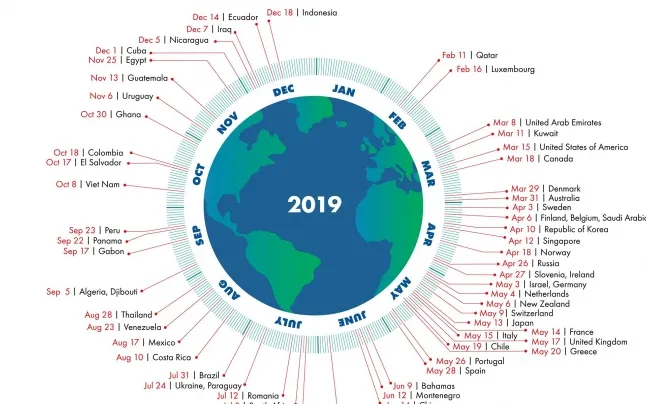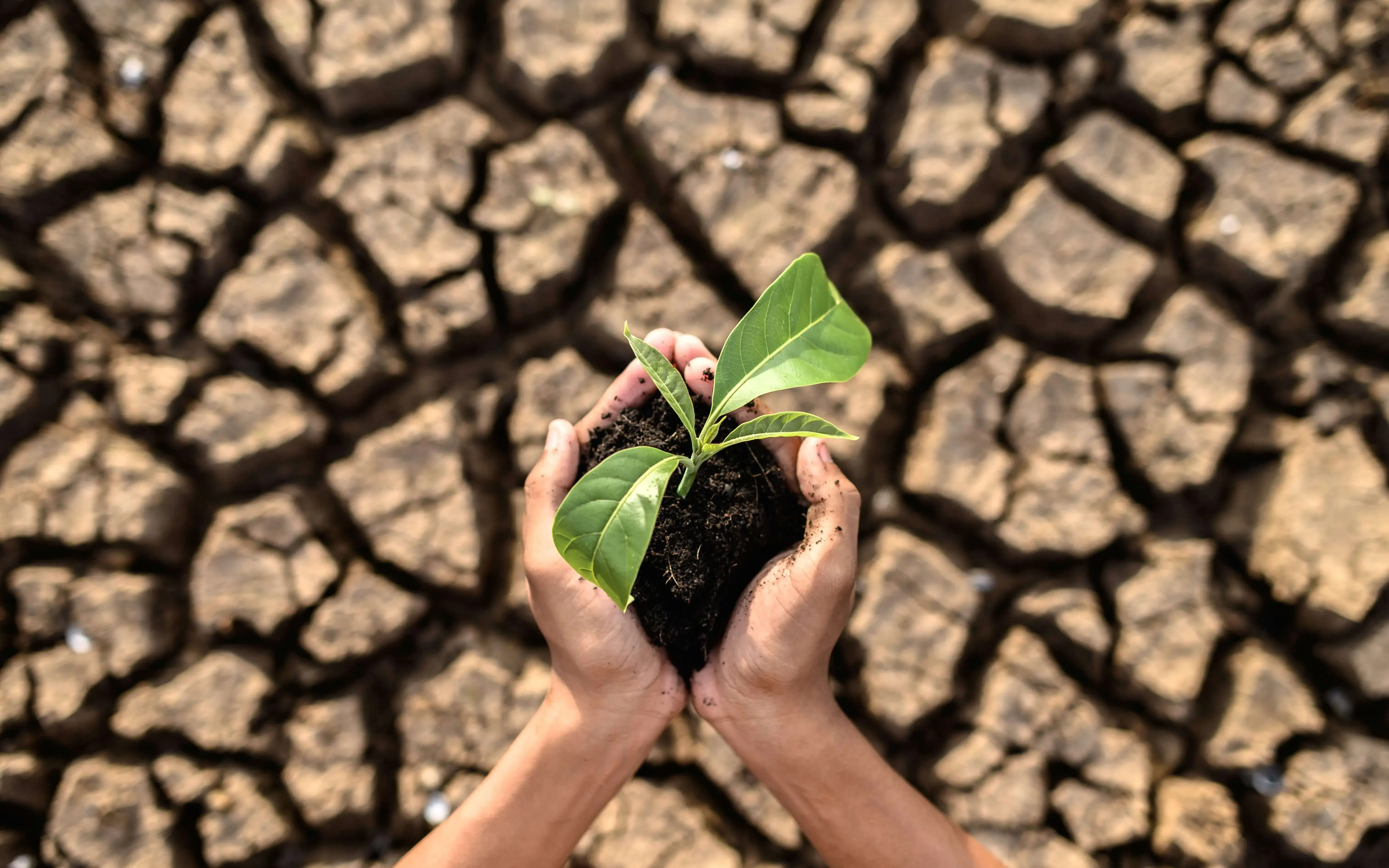The resources generated by our planet in one year were consumed by humanity in just 7 months. Despite the efforts made to delay the date, as of 29 July we are consuming natural resources faster than they are regenerated.
Last July, Northern Europe saw record-braking temperatures in several countries: 42.6 degrees in Paris, and temperatures above 40 degrees –never registered before– in Belgium, Germany and the Netherlands.
Heat waves are increasing in intensity and frequency, and are linked to climate change. Climate change that occurs from the accumulation of CO2 in the atmosphere: because humans are generating more carbon dioxide than oceans and forests are able to absorb.
This is one of the many examples of what it means to overshoot our planet’s limits.
Overshoot Day, earlier every year
Far from shrinking, data from recent years show how the global ecological footprint is growing. The day when annual resources are consumed, Overshooting Day, arrives sooner every year: if in the year 2000 it arrived at the end of September, this year it came at the end of July. Humanity today consumes 1.75 planets a year.
Not knowing how to live with our natural budget
Data show countries’ inability to manage their natural resources. Each country can calculate its own date. Qatar used up all its resources in February, the USA in March, Russia in April and Spain in May. In Ecuador and Indonesia, the day will arrive in December.
Move the date
For some years now, the Global Footprint Network has been promoting the campaign Move the date, to try and become ecologically indebted as late as possible. Through a platform they share knowledge, measures and effective solutions around five key areas: cities, energy, food, population and the planet. If we shift to renewable energies, consume food that is produced locally and end food waste, if we preserve nature and promote biodiversity or plan cities that are pedestrian and build eco-neighbourhoods this can all help to reduce our ecological footprint and to move the date when we over-consume. Reducing emissions from burning fossil fuels by 50% would allow moving back the date by 93 days.
The calculator and open data platform
The calculator is one of the most popular resources offered by the Global Footprint Network). By inputting information on our home, what we eat or how we move around, we can calculate whether we are consuming as much as we generate or, on the contrary, if we’re in debt ecologically speaking and are consuming our children’s future resources.
The Global Footprint Network was established in 2003 with more than 80 organizations. Data coming from its studies are used in reports of organizations such as the World Wide Fund for Nature (WWF), the International Union for Conservation of Nature (IUCN), the UN Environmental Programme and the European Environment Agency.
The Network offers an open data platform to search for information on ecological footprints and biocapacity for academics, people working in the field of education, NGOs, journalists and analysts.
Ecological Debtors and Creditors: a day to talk about biocapacity
Making visible the day when we start over-exploiting Earth is useful to put biocapacity (our planet’s ability to generate life) on the public agenda. When a country has a footprint that is larger than its biocapacity or ecological capacity, it enters an ecological deficit. This means it consumes all of the natural resources it generates and must import more from other regions and emit more carbon dioxide than it can absorb: it is an ecological debtor.
Just as what happened with climate emergency and the loss of biodiversity, the seriousness of compromising our biocapacity and consuming the natural resources of future generations is usually absent from the media and from public debate.







Add new comment